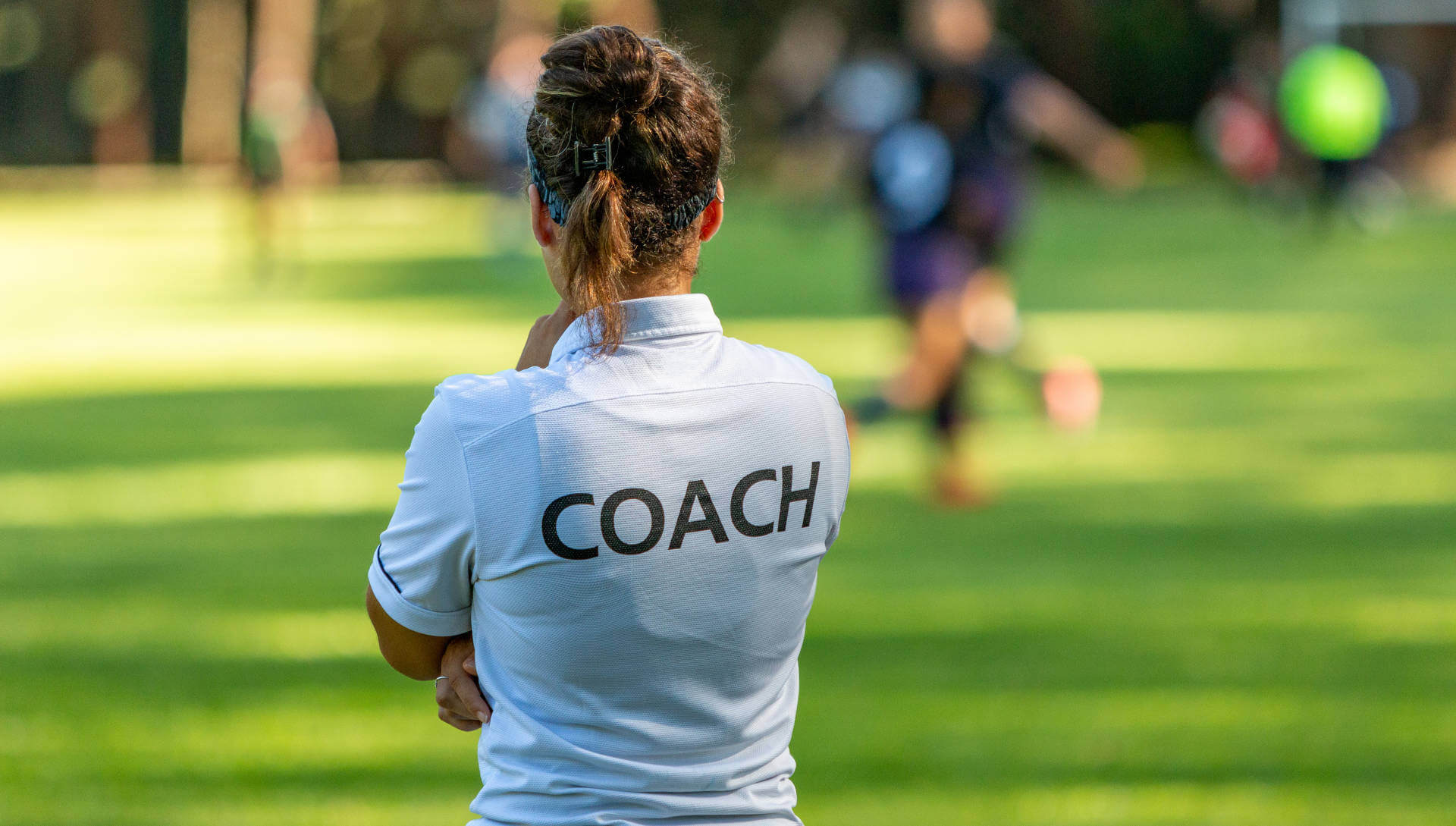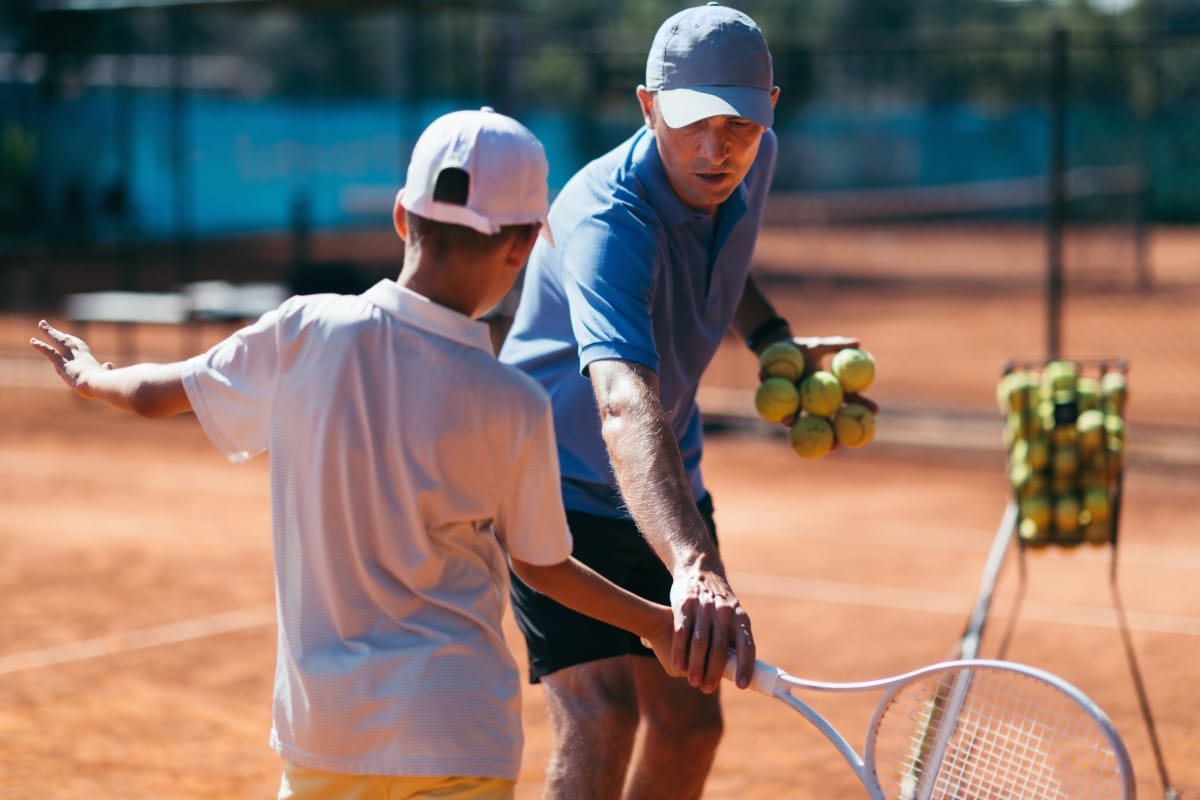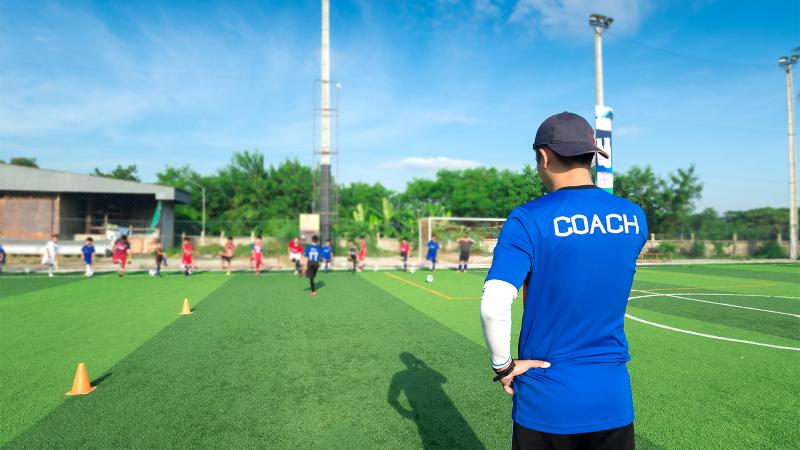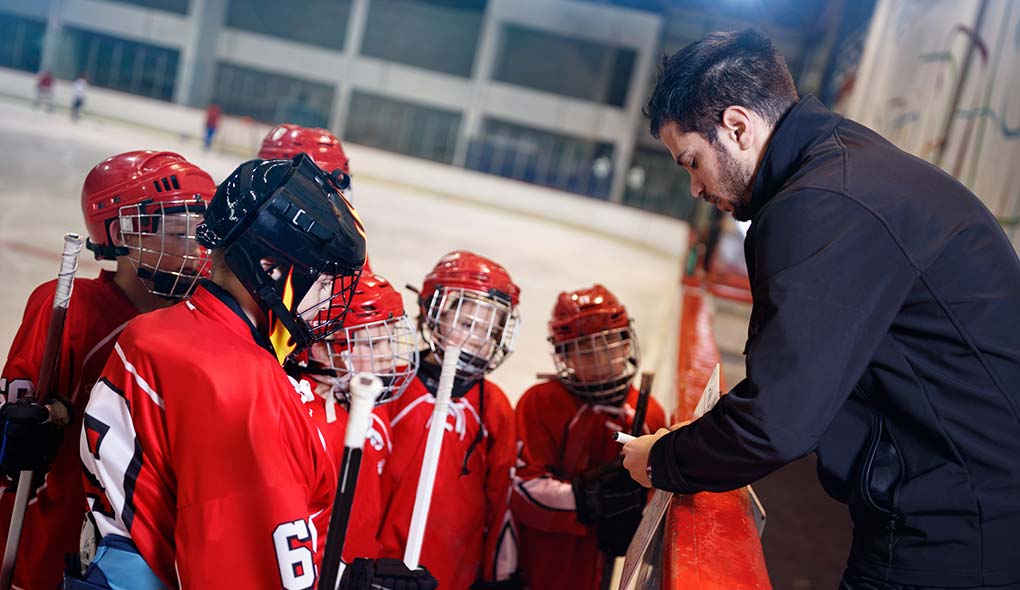With appreciation for your support of Sport Fuels Life in 2022 and anticipation of more excitement in 2023, we have selected some of our top interviews, podcasts, and features of the year. Keep your ideas, stories, and suggestions coming so we can help each other. Happy New Year!
Christopher Clarey
New York Times tennis correspondent Christopher Clarey, author of, The MASTER: The Long Run and Beautiful Game of Roger Federer, shared highlights from Federer’s life and career. He explains how Federer could “hurt you from anywhere on the court,” and how “he has shown the world for more than 20 years that it is possible to win and lose with class and to treat the people who cross your path with respect and empathy,” and much more.
Siri Lindley
Siri Lindley, world champion triathlete, coach to the elites, television sports analyst, popular speaker and author highlights overcoming anxiety in many areas. These include entering a triathlon despite not knowing how to swim, coming out to her father, and finding her true passion in coaching. She embraces a life-changing quote, “where your focus goes, your energy flows.”
Sean Swarner
Sean Swarner’s story is one of healing, hope, and triumph. With only one functioning lung, a prognosis of fourteen days to live, and being in a medically induced coma for a year, Sean Swarner is the first cancer survivor to stand on top of the world…Mt. Everest. In so doing, he’s redefined the way the world views success.
Zach Brandon
Zach Brandon, mental skills coordinator for the Arizona Diamondbacks, understands how perfecting one’s game and realizing peak performance in athletics requires both physical ability and mental strength. This mental performance expert shares how working through challenges to find the fun and joy is all part of the growth process for professional baseball and for life.
Kate Leavell
Successful NCAA lacrosse coach, author, and speaker Kate Leavell knows what it takes—as a coach, parent of an athlete, and leadership expert—to embody positivity, communicate openly, and embrace diversity. She demonstrates these concepts in actionable ways in her new book, Superpower: An Inspiring Story to Overcome Self-Doubt and Unleash Your Authentic Greatness, a fable for any age.
Khadevis Robinson
One of the most accomplished middle-distance runners in USA track and field history, Olympian Khadevis Robinson believes we all want “to go for the gold” in our lives. He discusses how a change in mindset and a more balanced life creates amazing moments. Be ready to be inspired with his contagious energy, positivity, and reminder that “major things happen in minor moments.”
Scott Doerner
Scott Doerner discusses his varied championship (playing and coaching) tennis career and how a winning team culture helped fuel a national championship. Turns out, those principles still apply. He also reminds us that “when the margins are so thin in our sport, everything matters.”
Nathalie Elliott
Nathalie Elliott shares insights from her journey as student-athlete to High Point University’s athletic trainer for cross country and track and field. During her Division I athletic career of five years, Nathalie earned multiple honors as a conference champion and regional qualifier in the women’s pole vault while completing her Master’s degree in Athletic Training.
Bryson Langford
One of the tenets of Sport Fuels Life is to “play it forward.” We encourage initiatives that support the positivity and potential of athletics. Earlier this year, we were delighted to supply tee shirts to Second Serve, a youth-run, non-profit organization dedicated to enhancing the lives of underprivileged kids who love tennis. Tennis standout and National Director of Volunteer Services for Second Serve Bryson Langford spearheaded this contribution.





